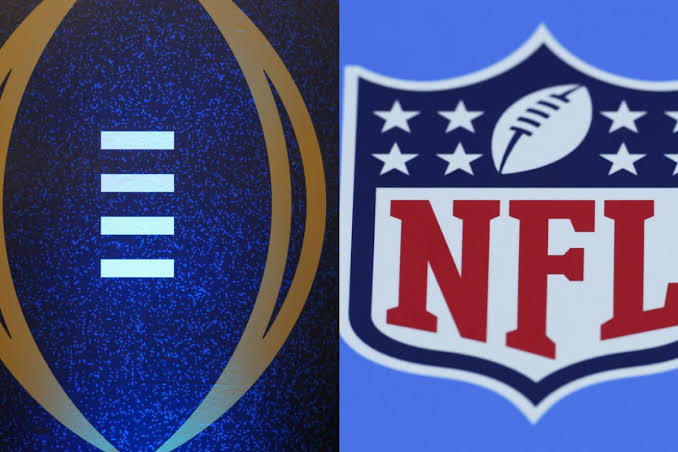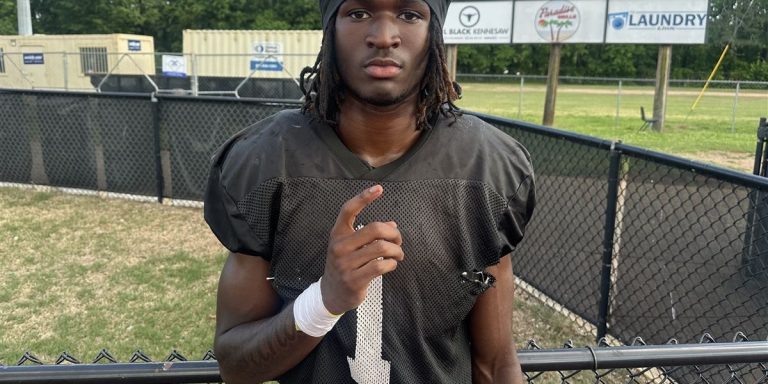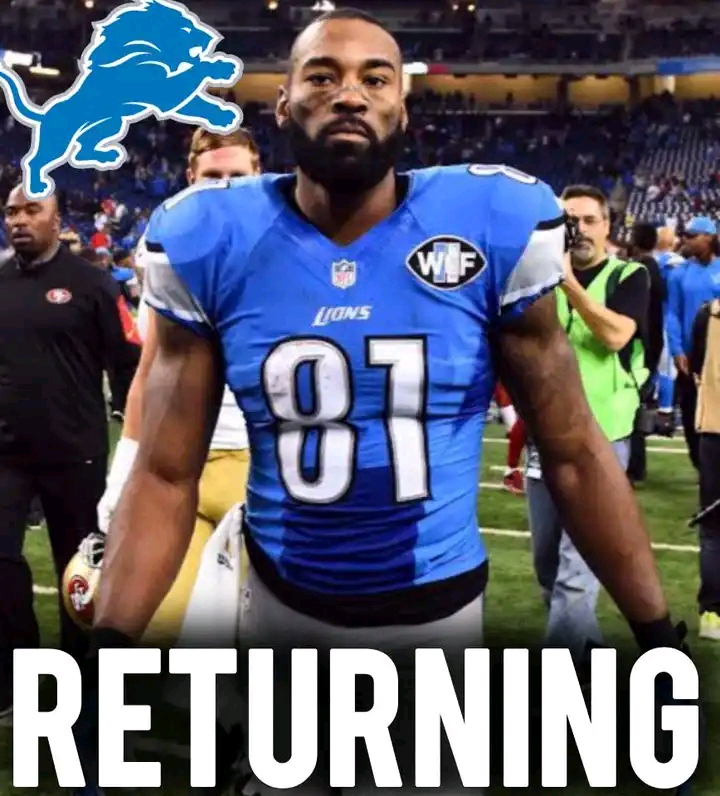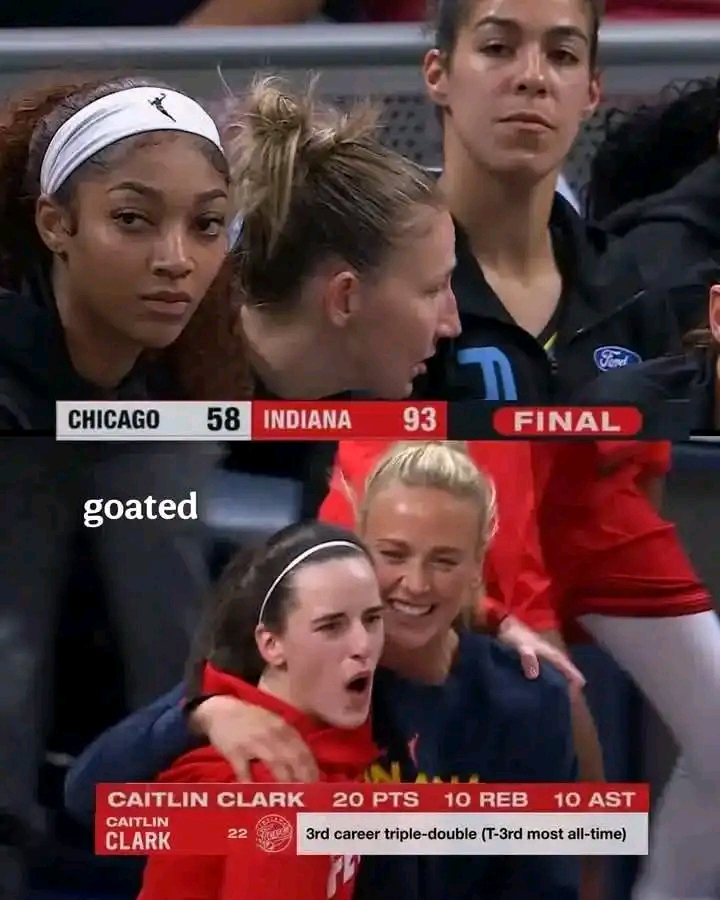
As college football expands its postseason with the 16-team College Football Playoff (CFP), power brokers in the sport are locked in debate over details—seeding, campus sites, and byes. But in focusing on internal logistics, they’re missing the real threat looming over the future of the CFP: the NFL.
The NFL’s dominance over the American sports calendar is not new, but its encroachment into college football’s postseason is increasingly problematic. The league’s television schedule—packed with marquee December matchups—directly competes with the first rounds of the CFP. That competition leads to one thing: decreased ratings for college football, which in turn means decreased value in future media rights deals. For a sport chasing new revenue streams, that’s catastrophic.
Consider this season’s CFP first round. Despite featuring top-tier programs and playoff stakes, those games were overshadowed by regular-season NFL contests like Eagles vs. Commanders and Packers vs. Bears. The NFL’s sheer cultural and broadcast power crushed college football’s postseason momentum before it even got started.
That’s the irony: the very reason college presidents dismantled the four-team CFP model was to chase greater profits through a larger format. Yet if the NFL continues to dominate viewership during the same broadcast windows, the expanded playoff may end up being worth less, not more.
“We hope there are ways around it,” said Florida State athletic director Mike Alford. But hope is not a plan. Leverage is.
And here’s where college football does have leverage. The NFL depends on college football as its de facto minor league. Every player, every highlight, every scouting report, every piece of film the NFL uses to make billion-dollar decisions—all of it comes from college football. For free.
That’s a bargaining chip, and college football has been afraid to use it. Why? It’s time that changes.
If the NFL won’t consider moving its regular-season games off CFP first-round Saturdays, then the NCAA, the CFP Board, or the conference commissioners should take a stand. Cut off access. No more game film, no more practice footage, no more behind-the-scenes scouting access. If the NFL still wants college football’s talent pipeline, it can at least stop cannibalizing its postseason.
Thursday night football offers a cautionary tale. College football once owned that slot with intriguing matchups that built fan bases and ratings. Then the NFL, seeing the value, muscled in. Now, Thursday night belongs to the NFL, and college football has been relegated to low-profile games with little impact. The result? Another lost revenue opportunity for a sport that is now struggling to fund Olympic and non-revenue sports amidst looming revenue-sharing with athletes.
Meanwhile, the NFL reaps billions. Its Amazon deal for Thursday Night Football alone is worth \$1 billion annually. College football? Still giving away its developmental product and now letting the NFL trample its biggest new investment—the expanded playoff.
It’s time for leadership. College football needs someone—say, Nick Saban—to call NFL Commissioner Roger Goodell and speak hard truths. If the NFL wants to continue receiving free talent development, it needs to start acting like a partner, not a predator.
The NFL isn’t going to volunteer to move its games. College football has to force the issue. Either protect the CFP from NFL interference or accept second-tier status in the postseason pecking order.
This isn’t a scheduling conflict. It’s a power struggle. And right now, the NFL is winning because college football refuses to wield the leverage it clearly has.
Hope is not a plan. It’s time for action.







